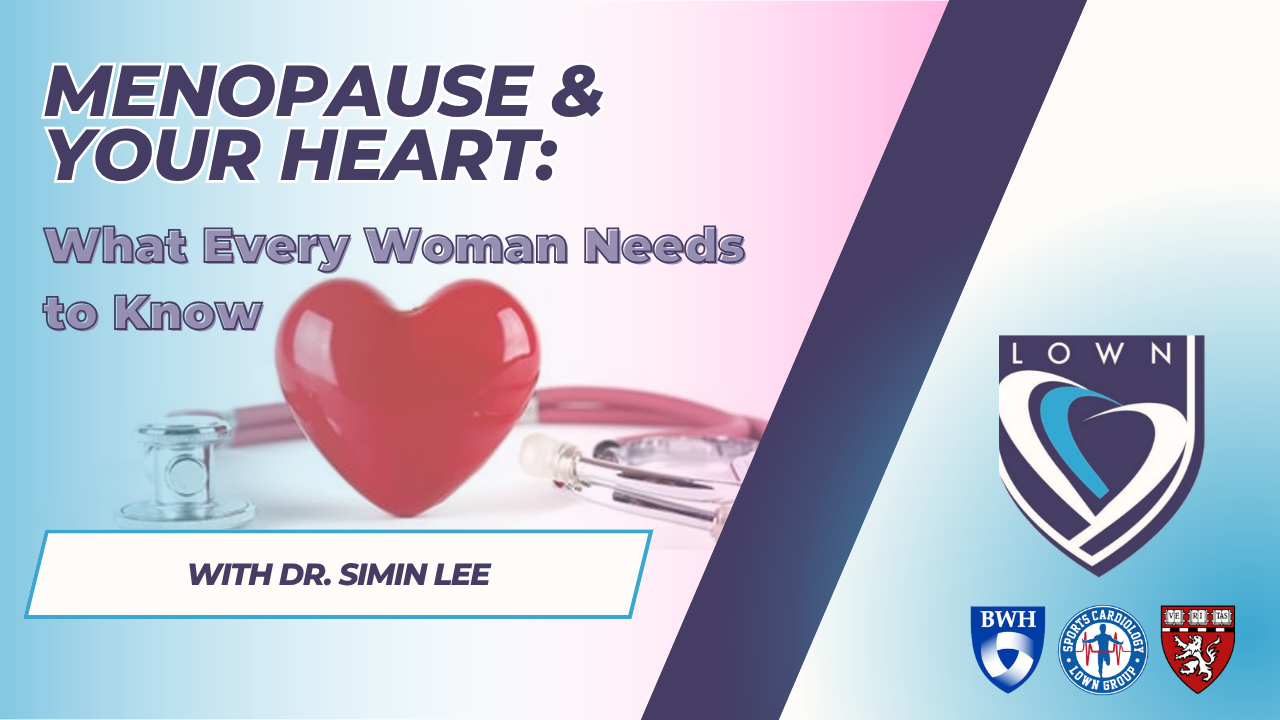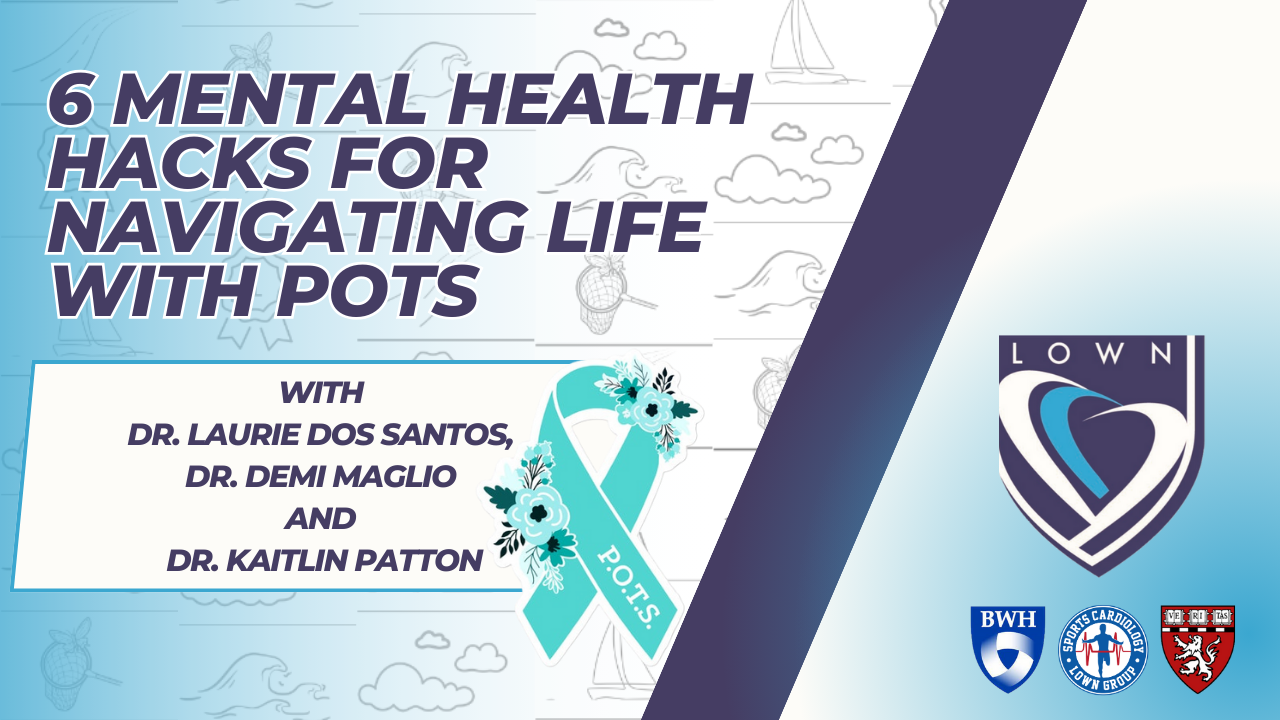Atrial Fibrillation and Hypertension
Join us for a discussion of two common and important cardiac conditions. Hypertension (high blood pressure) has been called “the silent killer” because it can increase the risk of heart attack, congestive heart failure, stroke, and kidney disease – yet most people with high blood pressure have no symptoms. Atrial fibrillation is the most common rhythm disturbance in the world, affecting up to 20% of older people. Atrial fibrillation can increase your risk of stroke but with proper treatment, it can be managed safely.
For those of you interested in just learning about hypertension, skip forward to minute 38 of the video.
Share
Recent Blog Posts






